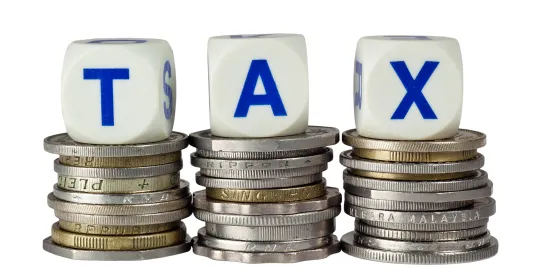In an earlier article (found here), we discussed how a federal district court’s decision that mere 501(c)(3) status can trigger obligations under Title IX created shock waves throughout the private independent school community. A recent ruling by the United States Court of Appeals for the Fourth Circuit has reversed that decision, holding that tax-exempt status is not federal financial assistance for Title IX purposes.
The plaintiff in Buettner-Hartsoe v. Baltimore Lutheran High Sch. Ass’n (4th Cir., Mar. 27, 2024) was a student who alleged that she was sexually harassed at school. She brought a claim against the school alleging violation of Title IX of the Education Amendments of 1972, a federal law prohibiting discrimination on the basis of sex at educational institutions that receive federal financial assistance. The school moved to dismiss the case, arguing it was not subject to Title IX because it did not receive federal financial assistance. The plaintiff opposed the motion, arguing that the school’s tax exempt status under section 501(c)(3) of the Internal Revenue Code constituted federal financial assistance for Title IX purposes. The district court agreed with this interpretation and denied the motion to dismiss.
On appeal, a unanimous panel for the Fourth Circuit reversed. The opinion explains that the “hook for Title IX to apply is receiving federal financial assistance” (emphasis added), and further notes that this phrase is undefined in the statute. Accordingly, the question the court needed to resolve was “whether 501(c)(3) tax exempt status equates to ‘receiving Federal financial assistance' so that Title IX applies.”
The court first looked at the plain meaning of the statute and in particular the dictionary definition of the word “receive,” which the court noted means “to take, to accept and to come into possession of something.” The court also looked to the definition of the word “assistance,” noting it means “aid, help or support.” Finally, the court examined the meaning of “financial,” which contemplates “monetary receipts and expenditures.”
Taken together, the Court concluded that the phrase “receiving Federal financial assistance” means taking or accepting federal financial aid, help or support and that the “plain text of Title IX contemplates the transfer of funds from the federal government to an entity.” The Court next examined precedent from the Supreme Court of the United States, which interpreted “federal financial assistance” and concluded that “receipt” of assistance triggered liability, but coverage “is not triggered when an entity merely benefits from federal funding.”
The Court then analyzed the ramifications to an institution which elected tax-exempt 501(c)(3) status and concluded that such status “is a tax benefit,” but is not any type of direct receipt of “assistance” sufficient to trigger Title IX coverage. In reaching its conclusion, the court noted that “since Title IX’s inception over fifty years ago, it has never been applied to organizations based solely on their tax-exempt status.”
As we cautioned earlier, private independent schools should tread carefully when deciding whether to accept direct assistance from the federal government through programs like PPP loans offered during the COVID era. However, they can breathe a sigh of relief given the unanimous decision of the United States Court of Appeals for the Fourth Circuit that mere tax-exempt status under 501(c)(3) will not trigger onerous exposure under Title IX.



 />i
/>i

